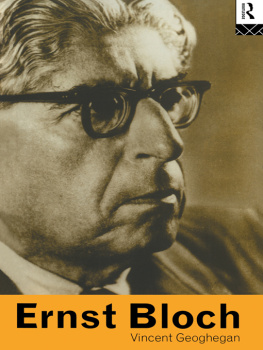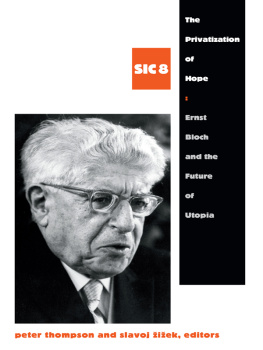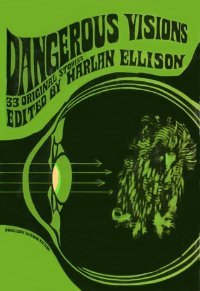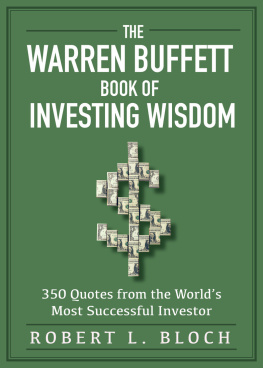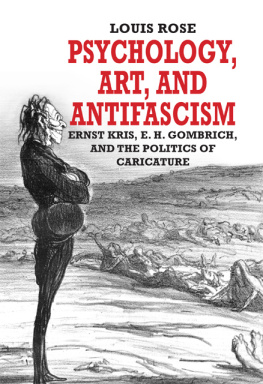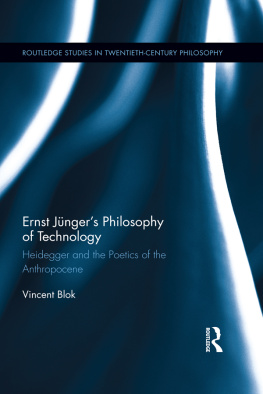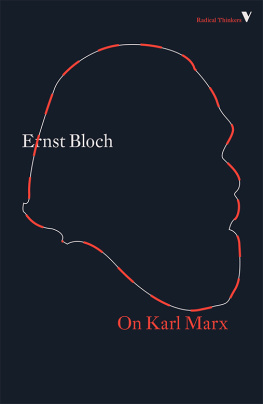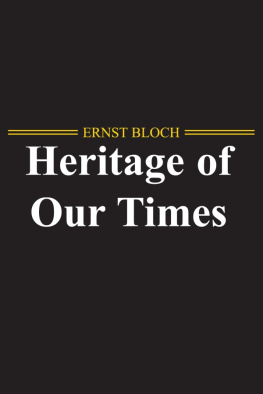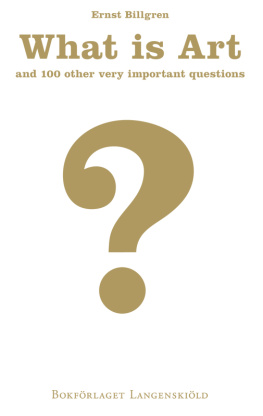ACKNOWLEDGEMENTS
I would like to thank Chris Rojek of Routledge for asking me to write this study, and for patiently waiting through the many delays. Colin Harper has provided invaluable help, sharing with me his great bibliographical knowledge of Bloch, and bringing to bear his deep understanding of Blochs philosophy on my many inadequate drafts. Yves le Juens unstinting reading of various versions of the text has greatly improved the final draft. Larry Wilde and David Officer kindly read the work in its entirety and made valuable suggestions. I would also like to thank a number of colleagues in Belfast, notably Bob Eccleshall, Jim Martin and Iain MacKenzie, for their comments on the text, and also a former colleague, Mike Kenny, for his remarks. The book was also improved by the criticisms of two anonymous referees. Some of the initial work was completed during a sabbatical Visiting Fellowship at Wolfson College, Cambridge. I would like to thank the President and Fellows for providing me with that opportunity.
INTRODUCTION
Ernst Bloch is an exhilarating thinker. There is an intellectual excitement in his work which is to be found in relatively few other twentieth-century philosophers or social theorists. This is partly due to the range of Blochs concerns. He ignores traditional scholarly divisions of labour, and instead chooses to roam across specialist disciplines and to investigate whatever is of relevance to his central concerns, wherever they might arise. Within one single text, biblical exegesis and theological speculation may rub shoulders with literary criticism, modern physics, historical analysis, philosophical clarification and political polemic. With a breathtaking lan Bloch can combine fairy-tales with sophisticated conceptual development, utopian hopes with modern theoretical physics. This imparts a richness of content to his work. He constantly draws out connections between disparate phenomena, establishing, for example, links between ancient Greek myths and contemporary detective stories, and between endurance dancing competitions and the Third Reich. Throughout, one is aware of the innovatory nature of his enterprise: he seeks to subvert the given, and totally reconstruct conceptions of reality. To this end, he develops his own systematic metaphysics and ontology, which in turn feeds into distinctive analyses of culture, religion, society and the like. The effect is to usher us into a world made new, in which many of the old familiar landmarks are gone; a unique Blochian world with its own topography, systems and processes. There is also the great imaginative sweep of his work. As befits the strong utopian impulse in all of his endeavours, there is a sustained visionary dimension in his writing, and a highly nuanced one. He is both a scholar and a practitioner of utopia. His work is undoubtedly insightful, and on occasions achieves genuine profundity. This study is therefore motivated by a belief that Bloch is indeed worth reading: not simply as an historical curio nor a mere arcane footnote in the history of Marxism, but as an important writer and thinker, who combines an ingenious, subtle and imaginative investigation of utopias and utopianism with a comprehensive and often penetrating analysis of western culture, politics and society.
There are, however, obstacles to be overcome in an appreciation of his work. Bloch is a theorist who is known about rather than known. The three intimidating volumes of The Principle of Hope are recognised, but tend to remain on the library shelf. He has an undoubted following, and a growing one; but his work has yet to attract the readership it merits. Blochs writing is forbidding; structural complexity and formal eclecticism are combined with a writing style studded with opaque metaphor, untranslatable puns, obscure neologisms and overblown rhetoric. Readers of the original German may have compensations not available to those who only know Bloch in translation. A number of commentators have pointed to a level of artistry in the original German; for example, in George Steiners estimation,
Blochs earlier prose has its own abrupt lyric insistence. In Blochs mature style, there are pages we can set aside Hlderlin and Nietzsche for their subtle brightness. Like few other masters of German, he has broken the generally ponderous, clotted norms of German syntax.
Even sympathetic ears have to admit, however, that even in the German, all is very far from plain sailing. J. K. Dickinson speaks of the idiosyncrasies of Blochs German style thus:
aphoristic simplicity interlaced with a sometimes baroque and completely unabashed complexity; prose poetry of considerable beauty combined with what at times seems a turgid verbosity, and all delivered with a self-assurance which, too easily felt as dogmatic self-righteousness, can repel or intimidate a reader.
Confronted with this in English translation, the response of Ronald Aronson, vis--vis the translation of The Principle of Hope, is not untypical: much of the books second and third volumes Furthermore, many of the texts display a deeply unattractive Marxism-Leninism, in which glowing tributes to the Soviet Union sit side by side with quotations from Lenin and Stalin. Finally, in these post-modern times where grand narratives are roundly condemned, Blochs vast system will strike many as positively antediluvian. His attempt to encompass the whole of reality, from the atom to the cosmos, harks back to the mighty enterprises of Hegel, Aquinas and Aristotle, and, in comparison, makes the ambitions of most twentieth-century Marxism seem modest. David Kaufmann, although himself convinced of the strengths of Blochs work, articulates this sense of anachronism, in a comparison with Walter Benjamin:
Contemporaries and rather uncomfortable friends, Walter Benjamin and Ernst Bloch seem to come to us from different epochs. Bloch died quite recently (in 1977) yet his philosophy, especially in The Principle of Hope, appears to be fired by the peculiar intellectual passions of the first decades of this century and presents itself as a somewhat antiquarian curiosity.
Not surprisingly, therefore, people have approached Bloch as they would a piece of stark and challenging monumental sculpture they can appreciate its epic nature, but have no use for it themselves.
This study seeks to provide an introduction to Ernst Blochs thought; a hazardous task, for it is easy to get sucked into the systematic and linguistic world of Bloch, to start mirroring his conceptual framework and to end up speaking with his voice. The intention, therefore, is to make the study clear and sympathetic, but also sufficiently detached. It is neither an intellectual biography of Bloch nor a detailed account of the chronological evolution of the Blochian system, but rather an examination of the major concepts and themes in his work.
Any competent dismantling of the massive edifice of Blochs thought must also reveal the stresses, strains and fault-lines of the whole structure. In this study, the first chapter begins with a brief account of Blochs long life (18851977). We will see the development of an early mystical vision, alongside a leftist perception of the potentialities and constraints of society. In time, a distinctive, Marxist reworking of these ingredients creates a historical materialist eschatology, set against a willingness, under certain circumstances, to suppress or stifle doubts about so-called objective revolutionary forces. For many decades of his life, the practical outcome was a juxtaposing of profound utopian speculation with a seemingly naive adherence to the fortunes of the Soviet Union. After the Second World War, on moving to East Germany, the tensions in this combination became unbearable and he was forced to face both the grim reality of actually living under Stalinism and the costs of Marxist-Leninist discipline. Traduced by the party/state, and deeply hurt by his treatment, he was to spend his final years in West Germany. His Stalinism, though it often demonstrated both ignorance and stupidity, was to a great degree sustained by a belief that future perfection comes neither easily nor cheaply. For the sake of the future he made a Faustian pact with a duplicitous present. More specifically this part of the chapter will follow his early years, education, intellectual contacts and first works; his theoretical and geographical wanderings in the 1920s and 1930s; the period of exile in the United States after Hitlers rise to power; his troubled post-war period in the GDR, and his final years in West Germany.

